The Ultimate Skincare Secret: Grapeseed Carrier Oil
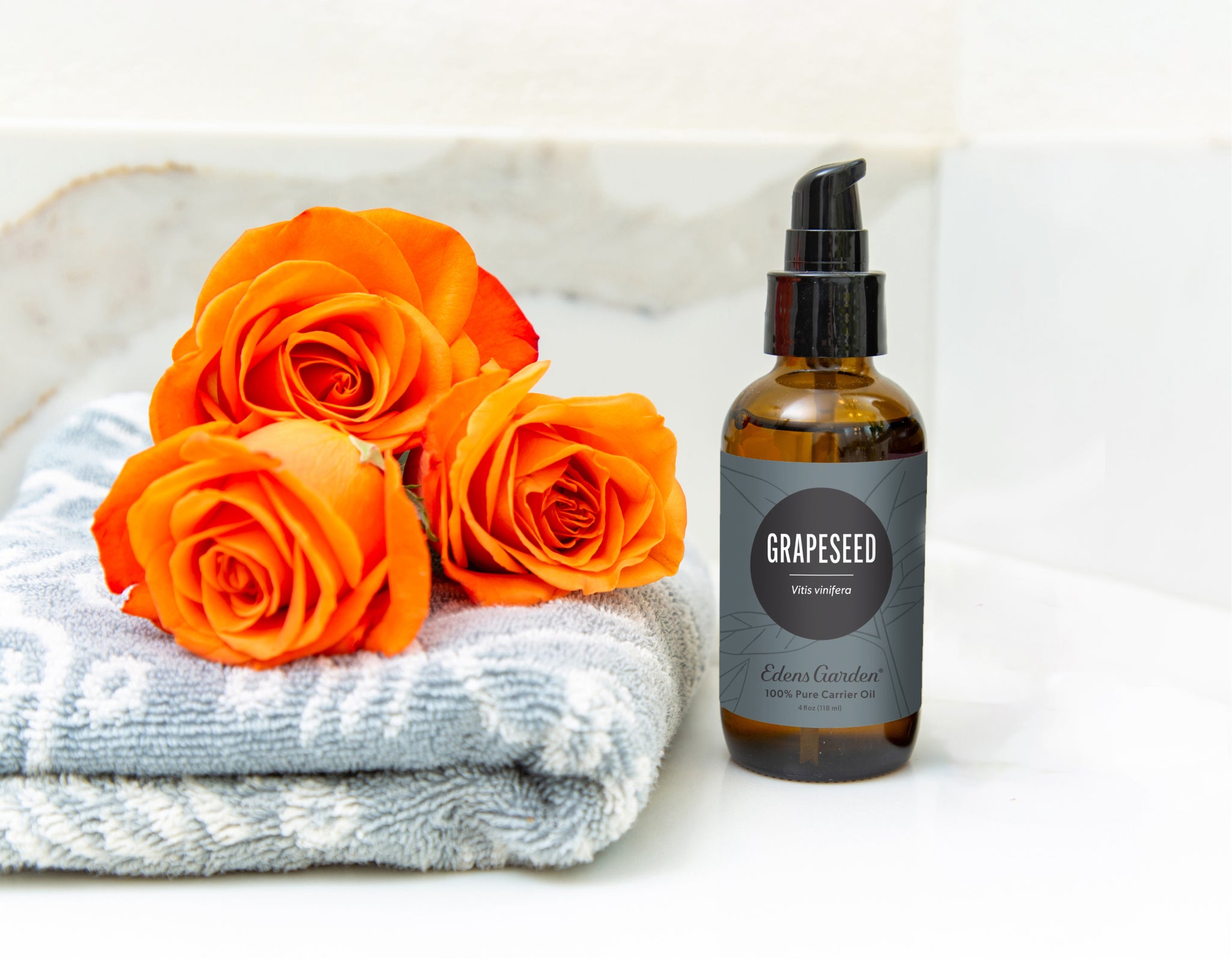
Grapeseed oil (Vitis vinifera) is carrier oil extracted from the seeds of grapes and has numerous health benefits. It has a light viscosity, a yellow tinge and a nearly odorless but slightly nutty aroma. For use in topical and skin care treatments as well as with cooking be sure that the Grapeseed oil you purchase is cold pressed rather than solvent extracted. Cold-pressing carrier oils help to maintain nourishing constituents such as fatty acids and vitamins.
With Grapeseed oil, depending on the variety of grape, the exact amount of constituents may vary slightly.[2] In general, Grapeseed oil is found to have a high percentage of fatty acids (omega 6 and omega 9) as well as Vitamin E (both tocopherol and tocotrienols). These phytochemicals have valuable cosmetic benefits due to their antioxidant activity associated with controlling and removing free radicals, their heart protective quality and their inhibition of blood clotting.[4]
The fatty acid components found in Grapeseed oil include a high percentage of Omega 6, or Gamma Linoleic Acid (GLA), as well as Oleic acid, or Omega 9. Both fatty acids are known for their capacity to work as anti-inflammatory agents topically and internally. For skin, these components act as antioxidants controlling free radical damage and are soothing, restorative and extremely hydrating toward aging skin.[6,7]
Grapeseed oil also contains antioxidant polyphenols that inhibit enzymes associated with human diseases. Resveratrol acts as an antimicrobial agent against certain bacteria by destroying their cell walls and flavonoids act as antifungals against candida.[1,5,8] Moreover, naturally occurring Vitamin E produces collagen and increases wound healing.[3,9]
Grapeseed oil is our ultimate skincare secret for all these reasons and more.
Top Questions About Grapeseed Oil, Answered
Still have questions about Grapeseed oil? We’ve got you covered.
Can I put Grapeseed oil directly on my face?
Yes! Grapeseed oil is a vegetable oil packed with inflammation-reducing essential fatty acid compounds such as Gamma Linoleic Acid (GLA) as well as Vitamin E - both of which promote skin health. They work to hydrate and restore elasticity and softness to parched and dull skin. Grapeseed oil is valuable when used to hydrate and even out skin tones, reduce fine lines and wrinkles, and protect against free radical damage with its powerful antioxidant properties.
Does Grapeseed oil clog pores?
No. Grapeseed oil is a naturally lighter oil. It is a healing emollient with a non-comedogenic rating of 1. This rating means as a lightweight carrier oil, it will not clog pores or leave your skin oily. It is excellent for use with every skin type, especially sensitive and acne-prone skin.
To be sure you do not have a sensitivity to this oil (or any oil for that matter) before applying in a larger area or on the face, always start with a skin patch test on the inner arm and wait 24 hours to be sure there is no irritation for your particular skin type.
Is Grapeseed oil or Coconut oil better for your skin?
Both Coconut oil and Grapeseed oil work wonderfully in skincare. But when it comes to facial oils, Grapeseed oil is one of the best. It's versatile and can be used with many skin types, including oily, dry, sensitive, combination and mature skin.
What is the best carrier oil for skincare?
While there are a lot of carrier oils to choose from, we love to highlight the fact that Grapeseed oil has a lightness that won’t leave skin feeling greasy. This oil can benefit the skin by reducing inflammation, hydrating the underlayers of the skin and even healing scars. If you are looking to brighten dull, dry skin, Grapeseed oil is an excellent choice.
What is the best carrier oil for aging skin?
There are numerous emollient carrier oils available to hydrate aging skin. Grapeseed is among them but other choices also include Jojoba oil, Moringa, Rosehip, Guava Seed and Tamanu oils. These carrier oils work just as Grapeseed oil does by hydrating the underlayers of the skin and assisting in keeping the skin soft and supple.
The key to Grapeseed oil is its high content of antioxidants in Gamma Linoleic Acid (Omega-6), Vitamin E and polyphenols which help to body tissue fight oxidative stress, therefore these elements prevent damage and are soothing and refreshing to the skin.
What is the best way to use Grapeseed oil?
Topically, Grapeseed oil can be used as a moisturizer and massage oil. You can even use it with the added benefit of essential oils for their skin-protecting and anti-inflammatory properties. If you choose this route, follow our dilution guide for face oils by blending at a 1% dilution. For skin over the rest of the body, feel free to increase the dilution to 2% or 3%. Here are some great essential oil options that pair well with Grapeseed:
Reducing acne:
- Rosemary
- Tea Tree
- Lavender
Increase hydration:
- Cedarwood
- Geranium- Rose
- Frankincense
- Myrrh
- Helichrysum
Redness & inflammation:
- Lavender
- Chamomile- Roman
- Rose- Otto
- Sandalwood
Grapeseed oil can also be used for hair care as a conditioner to make hair soft and reduce frizziness. Pour a dime size amount into the palm of your hand and with your fingertips, lightly brush it onto dry hair. Follow up by combing it through your hair with a wooden comb. Let it absorb into the hair for 15-30 minutes and thoroughly wash it out with shampoo 1-2 times.
Do you put Grapeseed oil before or after moisturizer?
Since Grapeseed oil is an excellent moisturizer on its own, we recommend not using other moisturizing products on top of it. To amp up the hydrating effects of Grapeseed oil, wash the area with a gentle cleanser and while the skin is still moist, massage a dime size amount gently into the skin. Apply makeup as usual after the oil has been absorbed into the skin.
Does Grapeseed oil lighten dark spots?
Yes, in some cases. Grapeseed oil among its numerous qualities, has a tannin compound called proanthocyanidin and when used consistently, acts as an antioxidant element and has the potential to balance skin tone.[10] Further, in a small study in Japan, it has been found to reduce instances of hyperpigmentation (from sun exposure) in pregnant women who suffer from chloasma.[11]
Does Grapeseed oil tighten skin?
Since Grapeseed oil is an emollient, it helps to hydrate the skin which supports softness and elasticity. It can therefore be speculated that this plant-based skin oil helps to minimize the appearance of fine lines and wrinkles, reduce free radical damage, control inflammation and balance overall skin tone.
We would love to hear from you if you have tried Grapeseed oil products. Leave a review or let us know how you liked it in the comments below!
SOURCES:
- Role of Phenolic Compounds in Human Disease: Current Knowledge and Future Prospects https://www.ncbi.nlm.nih.gov/pmc/articles/PMC8746501/
- Characterization of fatty acid, antioxidant, and polyphenol content of grape seed oil from different Vitis vinifera L. varieties https://www.ocl-journal.org/articles/ocl/full_html/2021/01/ocl210003/ocl210003.html
- A Prospective Study in Children: Pre- and post-surgery use of Vitamin E in surgical incisions https://www.jprasurg.com/article/S1748-6815%2809%2900609-3/fulltext
- Vitamin E Fact Sheet for Health Professionals https://ods.od.nih.gov/factsheets/VitaminE-HealthProfessional/
- Antifungal Activity of Phenolic and Polyphenolic Compounds from Different Matrices of Vitis vinifera L. against Human Pathogens https://www.mdpi.com/1420-3049/25/16/3748/htm
- Phenolics as Potential antioxidant agents https://pubmed.ncbi.nlm.nih.gov/16126236/
- Antioxidants: Free Radicals and Extrinsic Skin Aging https://www.hindawi.com/journals/drp/2012/135206/
- What are the benefits of grape seed extract? https://www.medicalnewstoday.com/articles/263332#:~:text=A%20study%20conducted%20in%20Italy,load%205%20days%20after%20challenge
- Wound Healing: The Topical Effect of Grape Seed Extract 2% Cream on Surgery Wound Healing https://www.ncbi.nlm.nih.gov/pmc/articles/PMC4802053/
- Proanthocyanidins: A comprehensive review https://doi.org/10.1016/j.biopha.2019.108999
- Grapeseed Oil for Skin: Benefits and Uses https://www.healthline.com/health/grapeseed-oil-for-skin#skin-benefits
Grab The Essentials Here:
Leave a comment (Comments will be approved before showing up)
4 comments
ed
Hi Rachel! We don’t recommend using our Grapeseed oil in cooking. Its quality is higher than that of grapeseed cooking oil and for this reason, it’s generally more expensive and wasteful to use in cooking.
Rachel
Can we use this grape seed oil for cooking or is the grape seed oil (not the blend) I buy for cooking be used the same way?
Naomi
Grapes have been found to have some of the highest amounts of pesticide use. Is your grape seed oil organic/pesticide free?
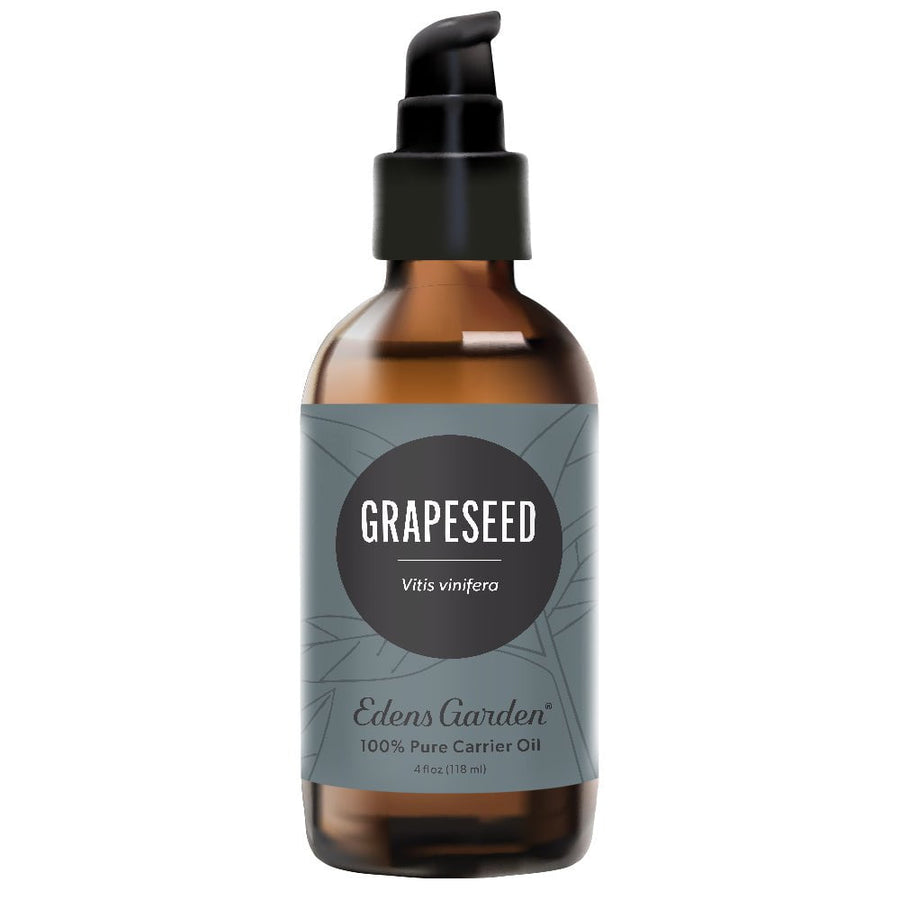
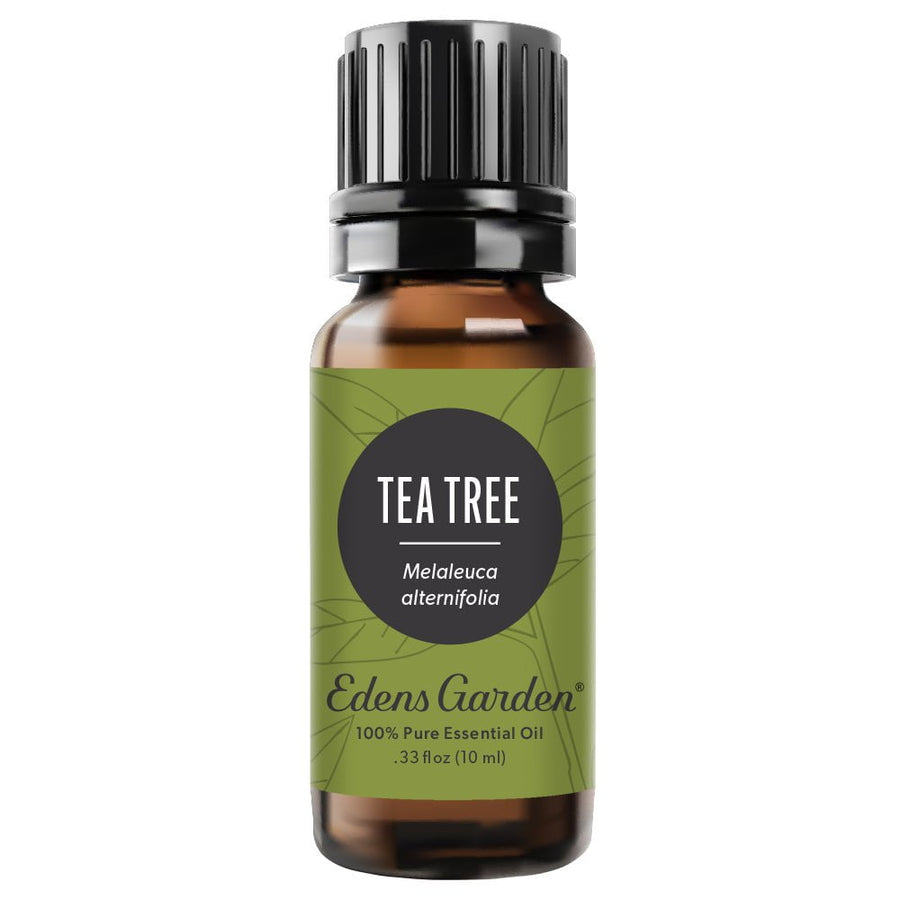
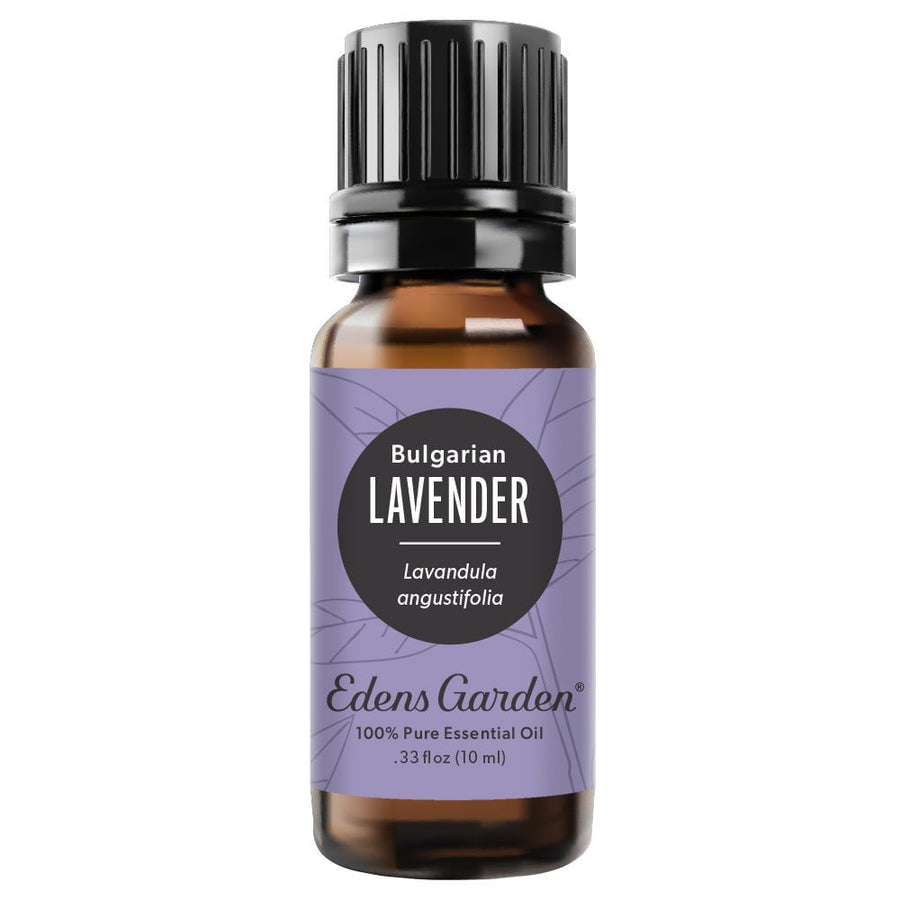
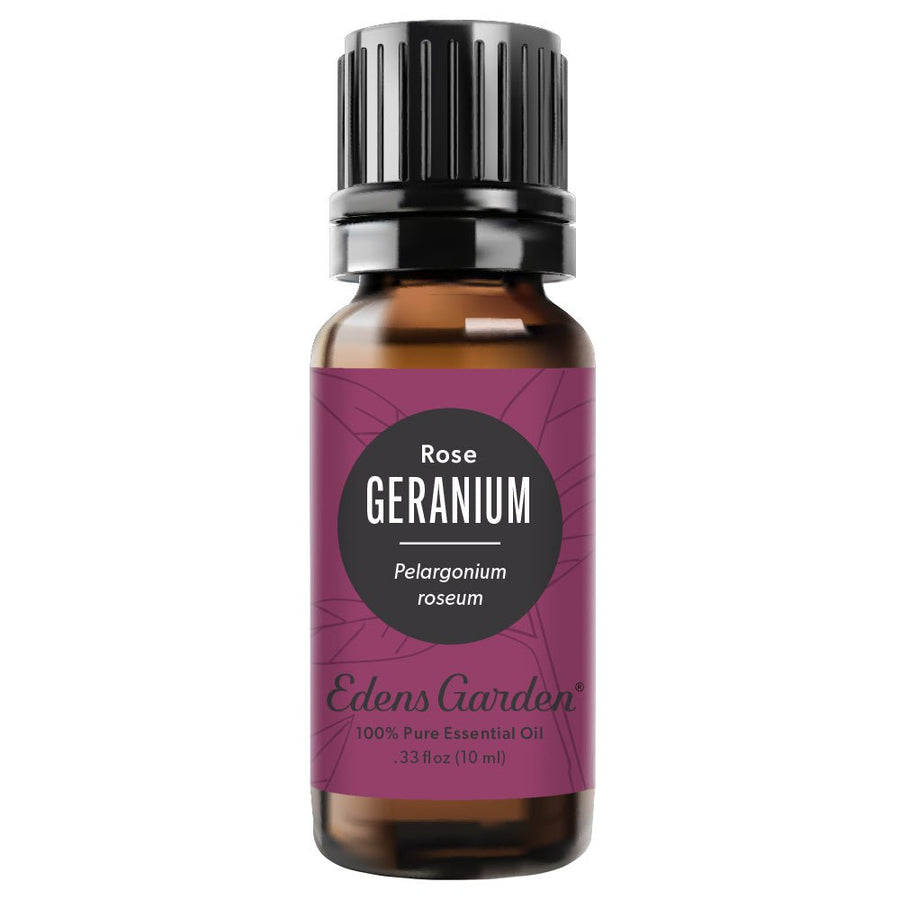
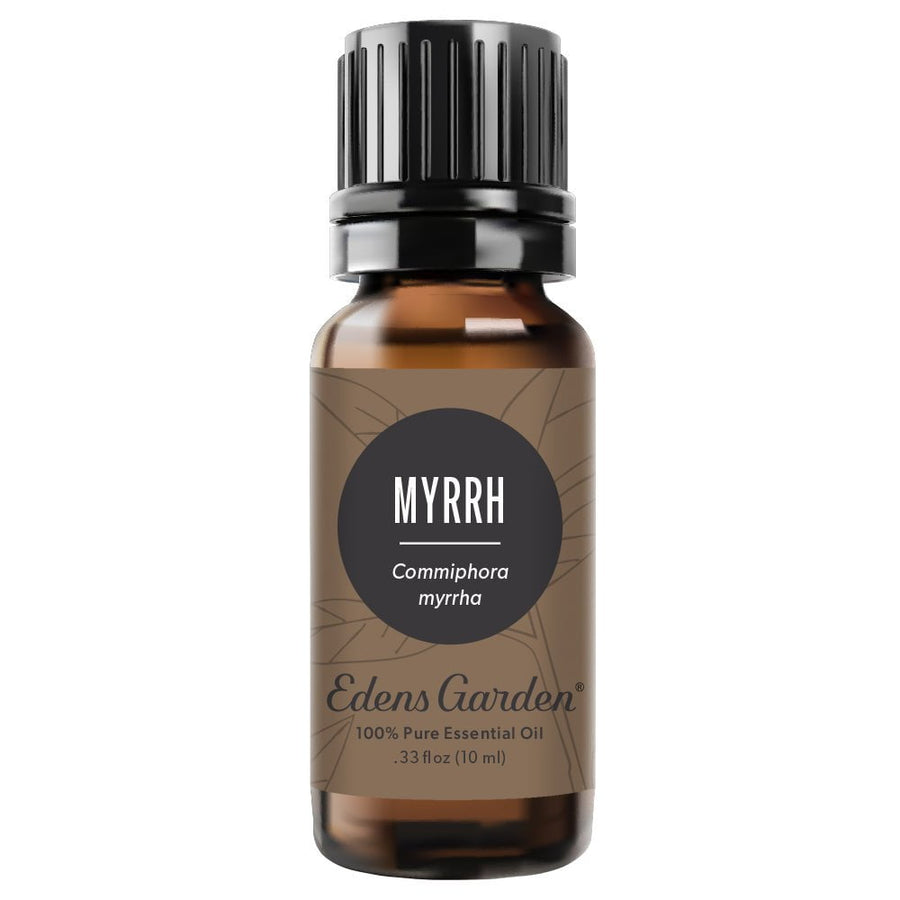
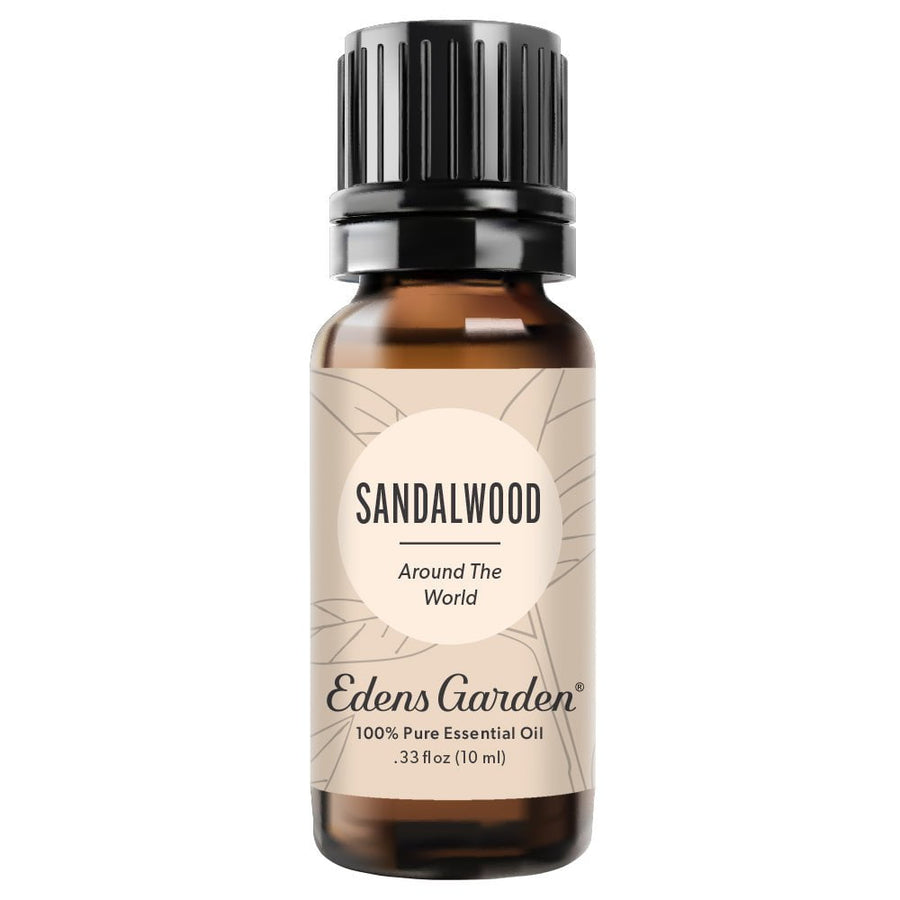




Edens Garden
June 13, 2023 at 2:37 pm
Hi Naomi! Yes, all of our oils and products are free of pesticides and harmful chemicals.